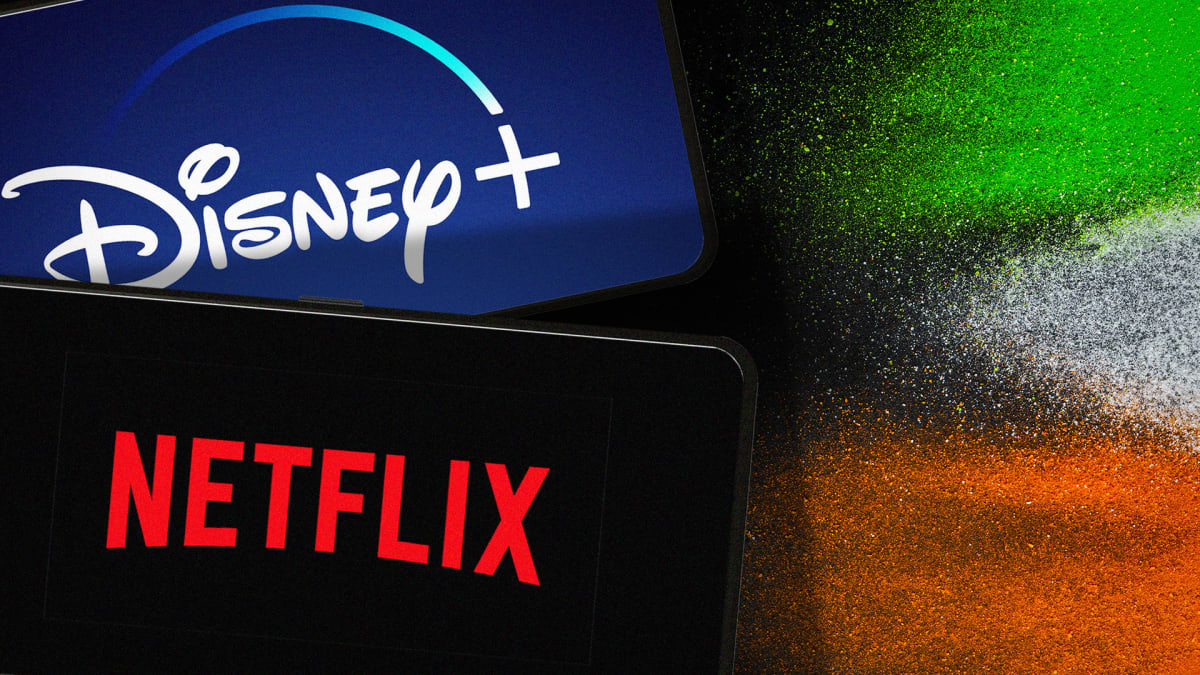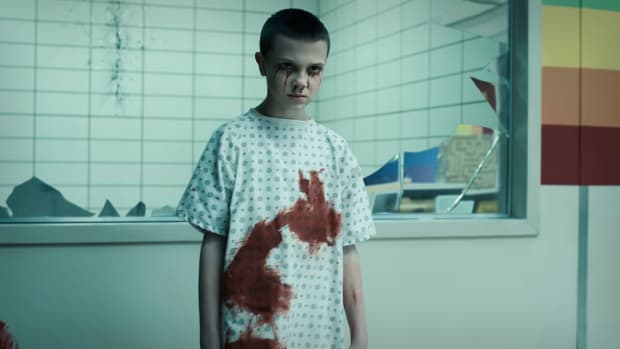
Sometimes in sports, a team hires a coach to oversee a total rebuild. That coach oversees a lot of losing seasons, builds a new culture, and starts to win some games. In most cases, he then gets fired and replaced with someone who has experience guiding teams to championships.
The same thing happens in business, although not as often as it should perhaps. Sometimes the person whose brilliant idea leads to the creation of a company may not be the same person with the right skill set to lead it going forward.
That's arguably what's happening at Meta Platforms (META), where Mark Zuckerberg had the right combination of unique personality and genius to think of Facebook. But Zuck has shown that a billionaire with questionable social skills may be guessing wrong when he thinks that people want to spend a lot of time in an immersive virtual world.
The skills that make you a successful leader for one phase of a business's life are not always the same ones needed for where the company stands now. You can argue that was true for Bob Chapek at Walt Disney Co. (DIS), where you can partly blame the pandemic, and you can suggest that it may be true at Netflix (NFLX).

Image source: Netflix
Netflix has two CEOs and no Answers
Netflix has co-CEOs in Reed Hastings and Ted Sarandos, who also serves as chief content officer. Hastings founded the company back when it was in the mailed DVD business and while he made some mistakes (Qwikster), he did see three clear things: streaming was going to be the next big thing, fast growth globally would be important, and owning your content would be crucial.
Sarandos has led Netflix's content operation since 2000 and oversaw its transition into creating its own content that began in 2013. At first, those efforts worked for two reasons: Netflix made premium, must-see content with a high water cooler factor, and the company rarely canceled shows.
As it began to grow, Netflix made a number of major content mistakes:
- It started to focus on volume in service to its algorithm rather than making good shows.
- It began canceling shows quickly making watching a Netflix series as risky a proposition as watching a network show.
- It began throwing money at stars which led to hugely expensive films like Will Smith's "Bright" and a parade of Adam Sandler movies that did nothing to enhance the brand or bring in new customers.
- It started throwing money at big-name creators with the promise of very little oversight leading to a series of passion projects and self-indulgent shows that cost a lot of money.
It hasn't been all disasters, but Netflix has way too few hits that people actually talk about. The company does itself no favors by releasing all episodes of a show at once. Members may like to binge, but Disney has shown that the once-a-week schedule maximizes media coverage and word of mouth. (It also makes it a lot easier to know when you can talk about a show with your friends).
Hastings and Sarandos have also presided over the idea of adding a cheaper ad-supported tier. That's a concept that downgrades that product, which will likely cause more existing customers to opt for a cheaper tier than new customers to sign up.
Why Netflix Needs a Change
In bringing back Robert Iger, Disney has put in an executive who executes well while also being able to manage creative people. He's not a creative person himself exactly, but Iger knows how to run a company where storytelling is the core product.
Netflix needs to follow a similar model. Yes, it's a technology company, but nobody subscribes because its app works well or has very little buffering. People pay for good shows and that's a model Disney also has mastered.
Netflix does not need dozens of new shows each quarter. It needs one or two tentpoles each week that keep people hooked. That's what Disney does backing those shows with archival content and cheaper shows to provide added value.
Hastings and Sarandos do not own any top-tier intellectual property with the possible exception of "Stranger Things." It could have bought MGM and had access to James Bond or paid for the rights to "Lord of the Rings," it let both of those prizes go to Amazon.
Netflix needs a CEO who can change to a strategy that dramatically cuts spending while creating more hit shows. The company does not have huge growth potential--the world only has so many people--so it needs the right creative leader to follow the prestige model that works for Disney (which also has worked for HBO since the 1980s).







